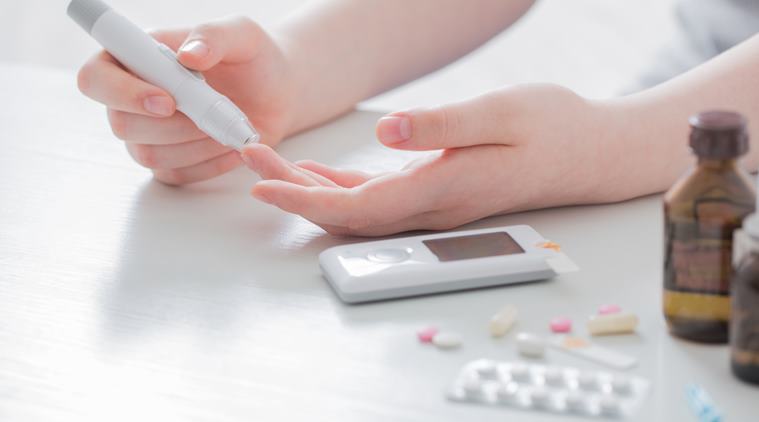
Previous research looking at the potential link between antidepressant use and gestational diabetes risk has proved inconclusive and has been hampered by study design.

A new study suggests that taking antidepressants while being pregnant may be associated with an increased risk of gestational diabetes, a type of diabetes that is specifically related to pregnancy. Published in the online journal BMJ Open, the study found that the risk was greatest among mothers who were taking venlafaxine, a type of drug known as a serotonin and norepinephrine reuptake inhibitor (SNRI), and amitriptyline, which belongs to an older class of antidepressant, known as tricyclics.
Gestational diabetes affects up to one in five pregnant women worldwide. These pregnancies are prone to complications, such as overweight babies and prolonged labour due to the baby getting stuck in the birth canal. The children of such pregnancies may also be more vulnerable to obesity and diabetes later on, while the mothers are more likely to develop type 2 diabetes and cardiovascular disease.
ALSO READ | Gestational diabetes: Everything you need to know about the condition
Previous research looking at the potential link between antidepressant use and gestational diabetes risk has proved inconclusive and has been hampered by study design, said the researchers. They drew on information from the Quebec Pregnancy Cohort, which incorporates three Canadian databases, and includes all pregnancies and children born in Quebec between 1998 and 2015.
Each case of gestational diabetes (20,905), identified after 20 weeks of pregnancy, was randomly matched with 10 unaffected pregnancies (209,050) of the same age and calendar year of delivery.
Antidepressant use was assessed using information on prescriptions filled for these drugs between the start of pregnancy and the diagnosis of gestational diabetes. In all, 9,741 (just over 4 per cent) of the mothers took antidepressants, singly or combined.
These included citalopram, fluoxetine, fluvoxamine, paroxetine and sertraline, which belong to a class of drugs known as selective serotonin reuptake inhibitors, or SSRIs for short; venlafaxine; and amitriptyline.
After taking account of potentially influential factors, such as the mother’s age, welfare assistance, area of residence and other underlying conditions, taking antidepressants during pregnancy was associated with a heightened risk of developing gestational diabetes.
ALSO READ | Type 2 diabetes remission possible, says study; here’s how
Taking any of these drugs was associated with a 19 per cent heightened risk of being diagnosed with the condition compared with not taking antidepressants during pregnancy.
The risk was greatest for two antidepressant drugs, in particular: venlafaxine (27 per cent heightened risk); and amitriptyline (52 per cent heightened risk).
What’s more? The longer certain types of antidepressants were taken, specifically SNRIs and tricyclics, singly or when combined, the risk increased.
Short term use was associated with a 15 per cent heightened risk; medium term use was associated with a 17 per cent heightened risk; and long term use with a 29 per cent heightened risk.

When further analysis was done on a smaller group of women (21,395) who had been diagnosed with depression/anxiety before they became pregnant, the results were similar to those of the main analysis.
This is an observational study, and as such, can’t establish cause. But there are some possible explanations for what they found, said the researchers.
This includes that antidepressants directly affected glucose metabolism, especially as serotonin is involved in this process. And one of the side effects of antidepressants is weight gain, a risk factor for diabetes.
But the pros and cons of taking antidepressants during pregnancy need to be weighed up carefully, caution the researchers, particularly for women whose depression is severe.
Source: Read Full Article